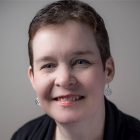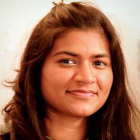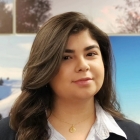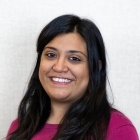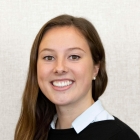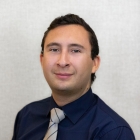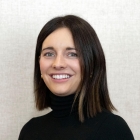You are here
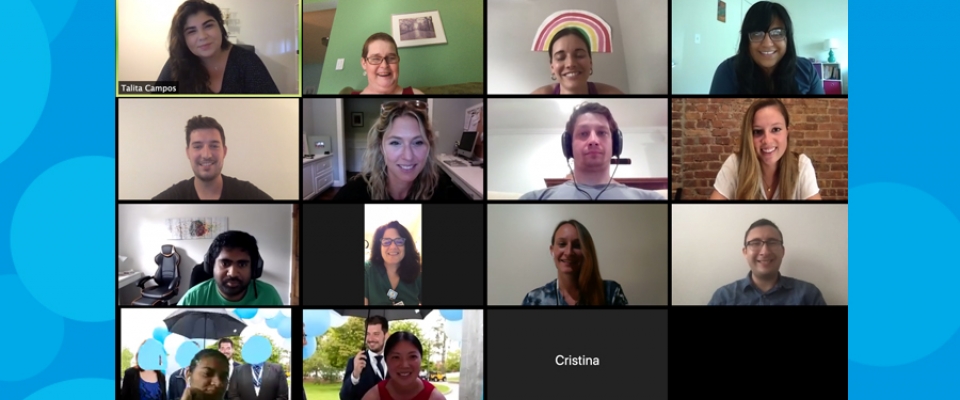
Carrying on at the Institute – Spotlight: Friel Lab
As we carry on with our mission during the COVID-19 pandemic, Burke Neurological Institute (BNI) is slowly and safely bringing back laboratory personnel to campus. Our researchers share what it is like to return to their laboratories in shifts to keep important research investigation moving forward.
How has your lab adapted to conducting research during the COVID-19 pandemic?
Dr. Kathleen Friel, Director of the Clinical Laboratory for Early Brain Injury Recovery at the Burke Neurological Institute and Associate Professor of Weill Cornell Medicine, shares clinical research was rapidly halted in mid-March, and we will not begin our studies until we are confident that in-person research can be done safely. The Friel Lab has quickly adjusted our daily work focus and our long-term vision for clinical trials. We are grateful for the opportunity to focus on data analysis and writing papers from a recently completed clinical trial. Newer members of the lab have taken online courses to further improve their skills in statistical analysis, MRI analysis, and other topics related to our work.
We have envisioned new ways to conduct clinical research. We applied for a grant to begin a zoom-based exercise study for people with chronic neurological impairment. This project will be done in conjunction with the Sabrina Cohen Foundation in Miami, FL. We will compare people who join a live, zoom group session versus those who watch the exact same classes on their own time without instructor feedback. We hope that our study will help us understand what type of zoom-based exercise program may be best for people with neurological disability.
We’ve also been rethinking our approach to pediatric studies, which involve bringing in groups of children at one time for hand training. The kids respond well to healthy competition. What if we made our research into a “research spy” type adventure? Kids would work secretly in different rooms and send daily challenges to one another, like, “Purple Lego challenges Black Unicorn make a macaroni necklace in 15 minutes.” Kids would be rewarded for never seeing each other, like good spies, and for wearing their lab-issued spy uniforms (PPE). We’re all about collecting the cleanest, safest possible data, which means making the experience engaging for the kids. Fun and rigor are not opposites in our lab. We won’t begin until it’s safe, and we’re enjoying the opportunity to rethink our therapy delivery model.
We also know it’s important to stay connected as a lab. We have multiple Zooms per week and we send daily check-in emails to each other, documenting our daily accomplishments. We have Zoom meetings with other Burke House labs (see photo) and our collaborators at Teachers College of Columbia University. We also share Netflix recommendations, recipes, and other things that help keep us sane during this time of distancing. We’re making the best of this interesting time at the “Burke Zoomological Institute.”
What are you most proud of as a lab right now?
I’m incredibly proud of my lab. We’ve done our best to be productive and connected during this time. Folks are initiating new projects and analyses, finding new ways to learn, and keeping an optimistic spirit. Two wonderful people have joined our lab during the pandemic–they have jumped right in and dealt with the uncertainty of the pandemic very well. I’m proud that we’ve been able to move forward with our work, not letting COVID-19 stop us. Working through the pandemic has inspired us to be more creative in our research.

